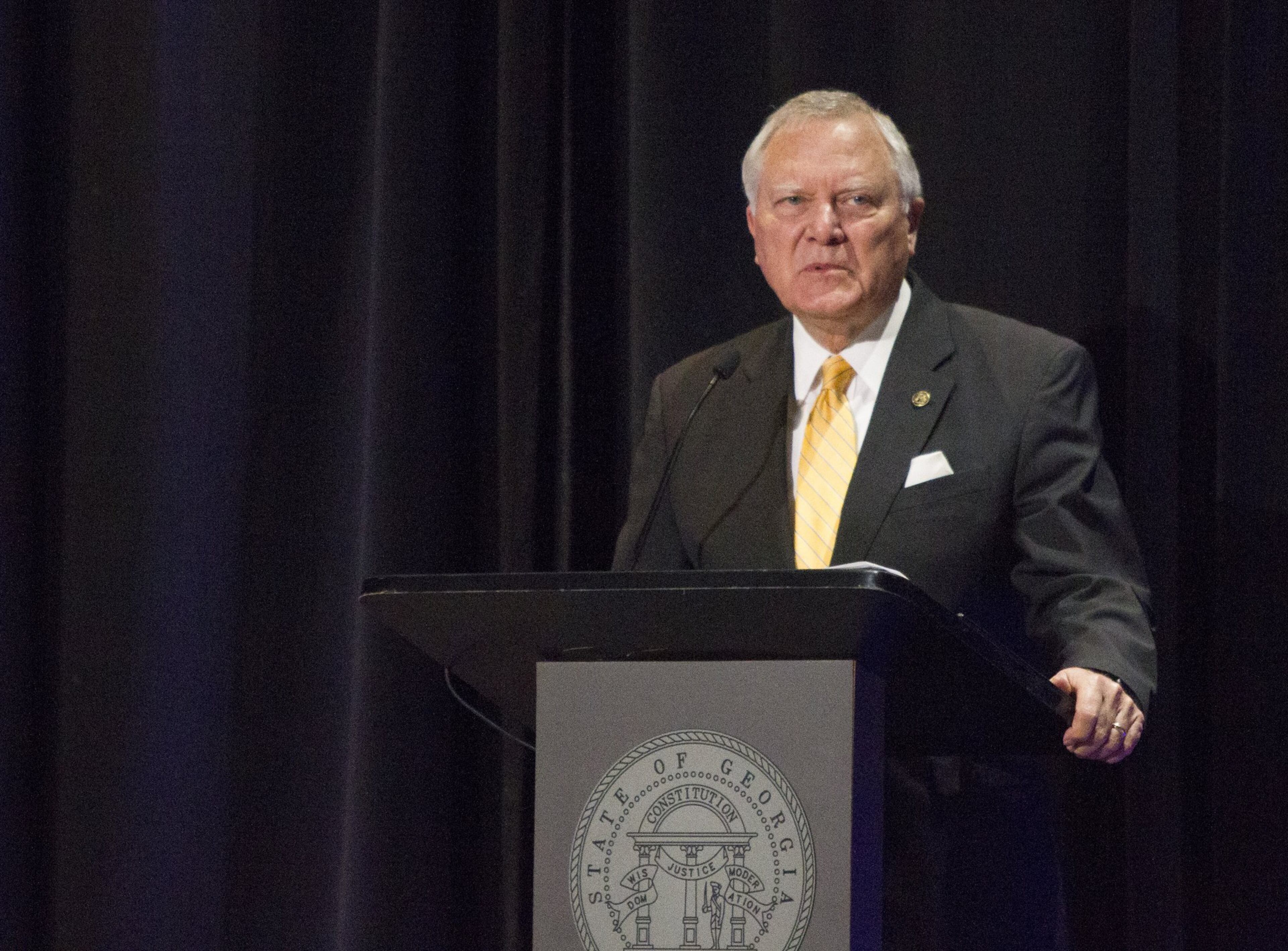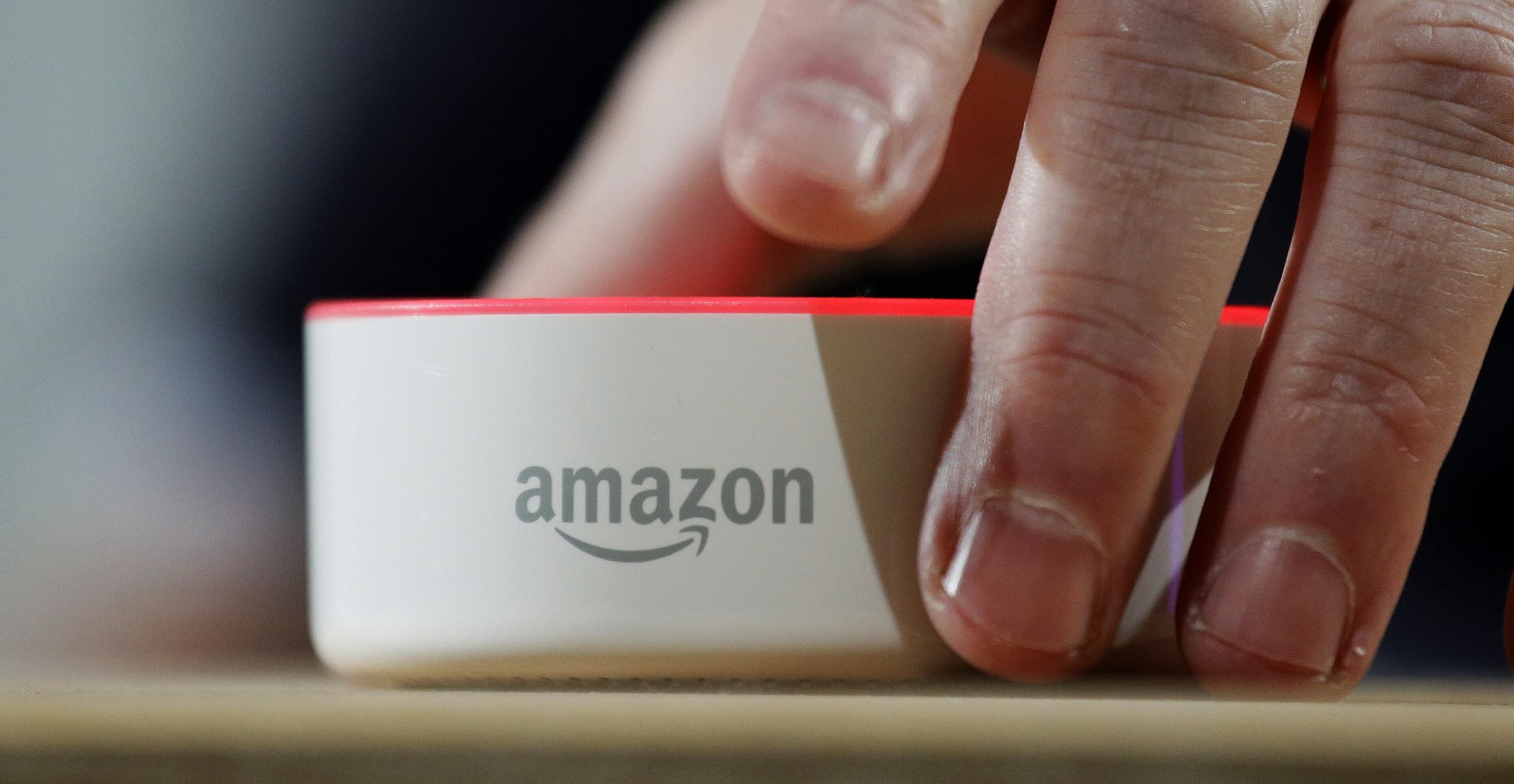Amazon HQ2 bidding war may set a bad precedent, critics say
Amazon’s search for a second headquarters uncorked what could become the biggest ever bidding war for jobs among states and cities in North America. Many critics fear it also could set a dangerous precedent.
Companies for years have pitted communities against one another to wring tax breaks and other perks, a dance that was typically done in secret. But Amazon’s public auction for its 50,000-job prize puts on steroids some recent open competitions by companies including Tesla and Boeing, shining new light on how corporations can exert pressure to strike richer deals from job-hungry political leaders.

Fewer major headquarters and factories are up for grabs than there were before the recession, said Greg LeRoy, executive director of incentives watchdog group Good Jobs First.
“The supply of deals has been depressed for a decade now, but the demand is up,” he said. Politicians also are more desperate — even amid the prolonged economic recovery — wanting to be seen by constituents as aggressive for jobs.
- FLASHBACK PHOTOS: A look back at The Gulch and Atlanta's viaduct system
In 2013, Boeing put a factory for its next-generation 777X jetliner up for grabs after a dispute with its machinists union derailed negotiations to put the plant in the state of Washington. Georgia and dozens of other states and governments worldwide jumped into the fray. Washington ultimately landed the project after committing to a record incentive package that could one day total a whopping $8.7 billion.
A year later, Tesla put four states in a bake-off for its sprawling battery plant known as the "Gigafactory," which went to Nevada after lawmakers ponied up the state's largest-ever offering of $1.3 billion in perks.
But Amazon is different, LeRoy said.
“This,” LeRoy said with a pause, “is the mother of all megadeals.”
Perks a-plenty
New Jersey officials opened the bidding for Amazon’s second headquarters at $7 billion. Maryland’s governor said the company could get $5 billion if it picks a site in the Washington, D.C., suburbs. Philadelphia could offer $3 billion, while Chicago dangled $2 billion in perks if the e-commerce and tech giant picked the Windy City.
Georgia's bid, a secret under an exemption in Georgia's open records law for active recruitment projects, is said to include more than $1 billion in perks, but could carry a far higher price tag. Gov. Nathan Deal has said he could call a special legislative session to hash out Amazon-specific incentives if the state ends up in the e-commerce giant's Top Three.

In an op-ed in the Wall Street Journal, urbanist and University of Toronto professor Richard Florida wrote that Amazon “already has a very good idea of where it wants to put its new headquarters,” and that the shortlist of cities includes five finalists within the Washington and New York metro areas.
“Amazon’s plan is surely intended to pit those five cities and states against each other to come away with the biggest deal,” Florida wrote.
VIDEO: More about Amazon HQ2
- What Atlanta's new mayor says about HQ2
- Which cities are still in the running?
- World's richest person? Amazon CEO Jeff Bezos
In a petition on change.org, Florida and dozens of economists, urbanists and policy advisers, called on the 20 finalist communities to prevent the Amazon recruitment from devolving into a bidding war over incentives.
The letter says the tax breaks and other perks doled out to big businesses “are often wasteful and counterproductive,” and calls on the finalists to create and sign a “non-aggression pact that rejects such egregious tax giveaways” and cash perks for Amazon.
Amazon officials declined to comment for this story.
INTERACTIVE MAP: What about the other HQ2 finalists?
Typically, when a company searches for a new headquarters or factory, it hires consultants who bring a request for proposals or RFPs to states or cities setting out their needs. Names are withheld to protect business information of the client. It’s only in the later stages, generally, that the name of the company is revealed.
The RFP is usually kept under strict confidence, and not widely published. But Amazon announced the project in September.
The move created a frenzy across North America, generating 238 bids according to Amazon.
‘Limited supply of cities’
Still, there are only so many cities can accommodate Amazon’s needs, said Joseph Parilla, a fellow at Brookings Institution’s Metropolitan Policy Program.
The company needs a metro area with a huge tech workforce. Amazon said it needs enough space for a campus of 8 million square feet of office space, ready access to an international airport, transit connections and a site near major highways.

Parilla said because of the limited supply of cities that can accommodate Amazon, there’s an opportunity for leaders to band together to limit the cost of negotiations, “and not take up arms against one another.”
- ATLANTA HOT TOPICS: All the latest Amazon HQ2 news
“At the beginning of this, I said because this was such a big deal it has an ability to set the norms for economic development for the next couple of decades,” he said. “We won’t know until the end whether this was a really, really bad thing or a good thing having a public process like this.
“The indication from the first round of bids is that people aren’t learning not to give away lots of incentives,” Parilla said. “I’m less optimistic than I was in the beginning.”
LeRoy said the public spotlight could chasten government leaders and corporations from engaging in a race to the bottom in the future.
“It could set a bad precedent, but it could set a good precedent,” he said. “Economic development has never received so much scrutiny.”
MYAJC.COM: REAL JOURNALISM. REAL LOCAL IMPACT.
AJC Business reporter J. Scott Trubey keeps you updated on the latest news about economic development and commercial real estate in metro Atlanta and beyond. You'll find more on myAJC.com, including these stories:
- French automaker to open North American HQ in Atlanta
- Is Atlanta really a contender for Amazon HQ?
- Georgia a possible contender for Apple expansion?
Never miss a minute of what's happening in local business news. Subscribe to myAJC.com.



